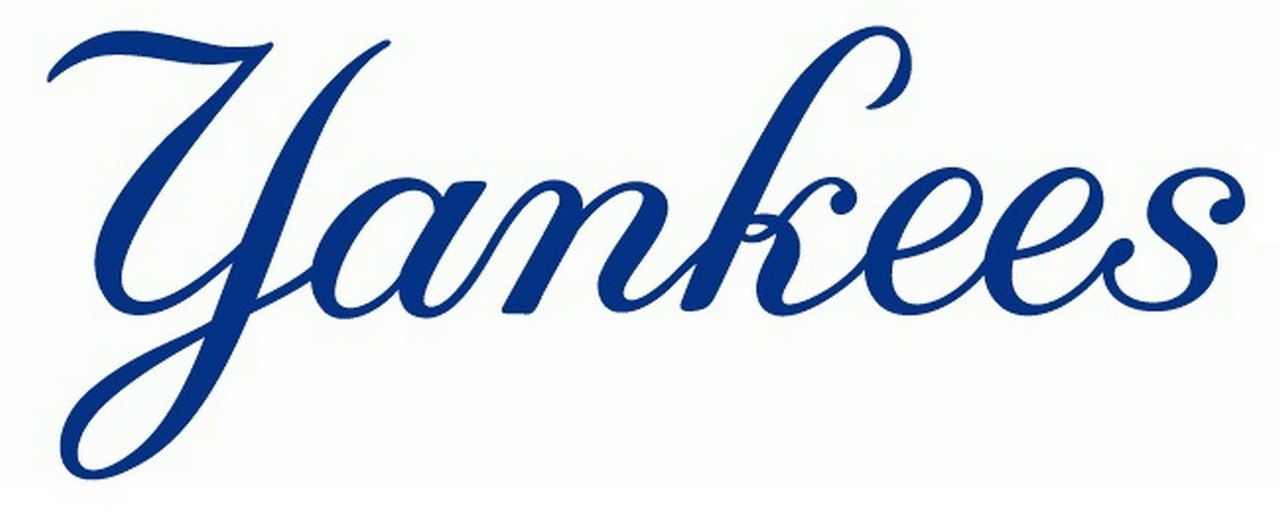Former National League MVP and five-time All-Star outfielder Andrew McCutchen recently stated that the “Yankees’ hair rules take away from our individualism.” McCutchen was traded from Pittsburgh to San Francisco and then again to New York within the span of 2018. McCutchen was a member of the Yankees team after being acquired at the now defunct August Waiver trade deadline, appearing in 25 games including their postseason run that ended with an ALDS loss to the Boston Red Sox.
Upon his arrival to New York, McCutchen (like all other New York Yankees organization members), was required to shave his face outside of a mustache. McCutchen opted to shave his entire face, which was a big change for him. Those familiar with McCutchen’s renaissance efforts to resurrect the Pittsburgh Pirates from the abyss of Major League Baseball are aware that he always sported facial hair. After the aforementioned trade to the Giants, McCutchen kept his same facial hair. Now, as a member of the Philadelphia Phillies and not surprisingly, he has brought back his facial hair.
The Yankees hair policy states that, “All players, coaches and male executives are forbidden to display any facial hair other than mustaches and scalp hair may not be grown below the collar. Long sideburns and ‘mutton chops’ are not specifically banned.” This was instilled by then owner George Steinbrenner III in 1973. Thus, over the past 47 years, players have had no choice to express themselves as it pertains to their facial hair or hairstyle. As Sheryl Ring wrote in 2019, New York state passed a new law (S.04037 /A.4204) that forbids discrimination as it pertains to facial hair; in addition to the state law that prohibits employers from regulating hair styles/length (A07797A). However, I wanted to look at this issue from a constitutional standpoint.
The First Amendment, guarantees “freedom of expression” to individuals in the United States. It has been held that, “employers may set standards for their employees’ personal appearance, including their hair length and style, if the regulations are related to legitimate business or governmental objectives. Employers, school officials, and prison administrators have given a number of reasons for regulations determining hair length and hair styles; among them are identification, safety, hygiene, and appropriateness.”
However, Major League Baseball franchises, such as the New York Yankees would not fall under a governmental objective or legitimate business. Thus, the Supreme Court ruling in Kelley v. Johnson, which “held that hair grooming requirements were legitimate ways of helping to make police officers more easily identifiable to the general public and of helping to maintain esprit de corps within the police force,” likely does not apply to professional sports franchises. Furthermore, “the rights of uniformed governmental officers, such as the police or those in the military, differ significantly from other public employees (or, for that matter, the average citizen).”
Nonetheless, private organizations or companies, like the New York Yankees, can set limits on grooming, dress attire and even facial hair. To illustrate, in 2013 a security guard brought suit when a new CEO required all security guards to shave their facial hair. The court threw out the complaint relying on the premise that, “No such right[s] exist for private-sector workers.”
Clearly, the Constitution grants individuals the right to have facial hair and choose their hair length. However, as it pertains to government regulated fields and private sectors there is no protection. Therefore, the New York Yankees policy is not in violation of the Constitution.
As mentioned in 2019, New York state passed S.04037 /A.4204, “which prohibits employment discrimination based on religious attire, clothing or facial hair.” The Yankees organization members could certainly challenge this team rule and would have a strong opportunity to succeed based on this legislation. On this point, Cheryl Ring’s article reinforced, the New York state “hair law A07797A, which… banned an employer from prohibiting, among other things, dreadlocks, braids and twists.” A07797A specifically, “[p]rohibits race discrimination based on natural hair or hairstyles.” This would seemingly repudiate the Yankees “scalp hair may not be grown below the collar” policy. Andrew McCutchen made an important comment on the Yankees restrictions against individualism. It will be interesting to see how the rest of the baseball responds, especially current and former Yankees.

